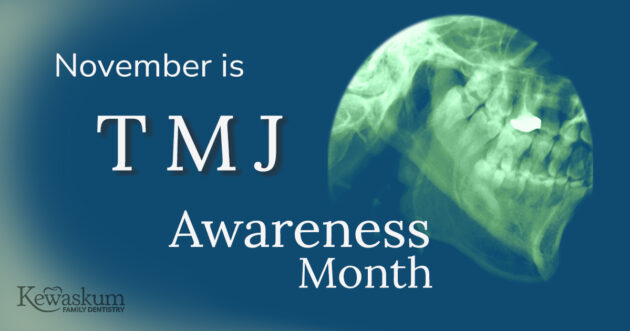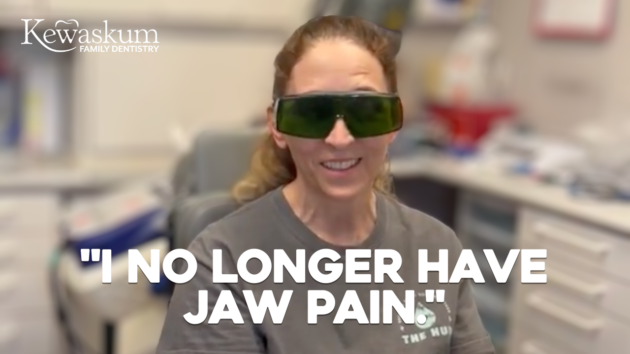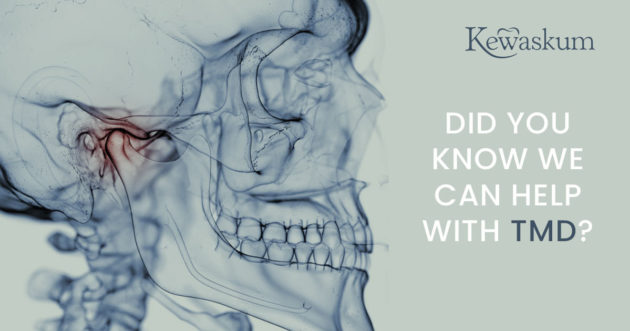November Is TMJ Awareness Month
November is TMJ Awareness Month, a time dedicated to making more people familiar with TMJ and TMD. If you don’t already know, TMJ stands for the temporomandibular joint, which is the ball and socket joint that attaches the lower jaw to the base of the skull. If you place your fingers on the back of your jaw near your ear and open your mouth you can feel the temporomandibular joint move. You may also hear the term TMD, which refers to temporomandibular joint disorder. TMJ and TMD are often used interchangeably to refer to this condition.





